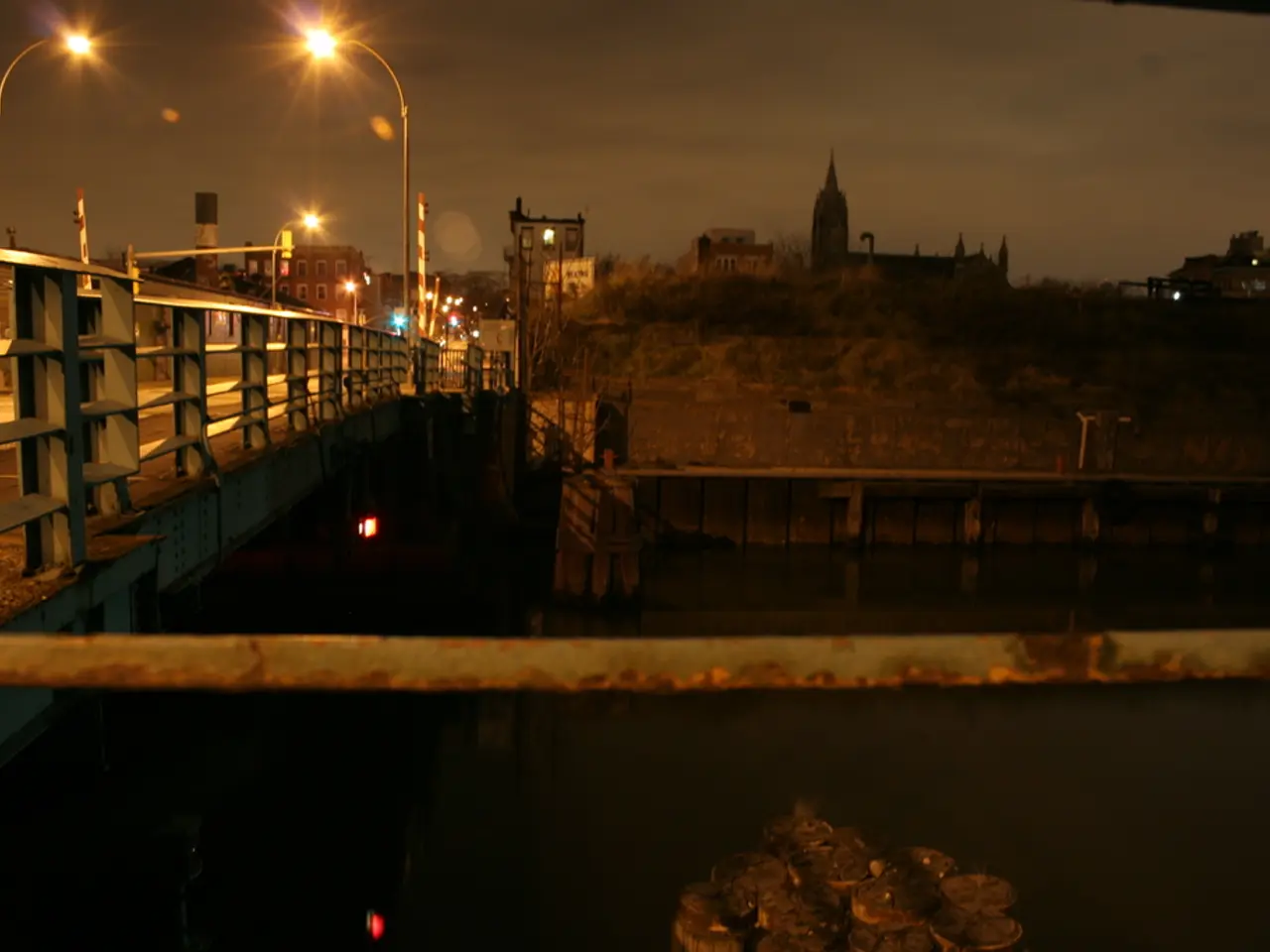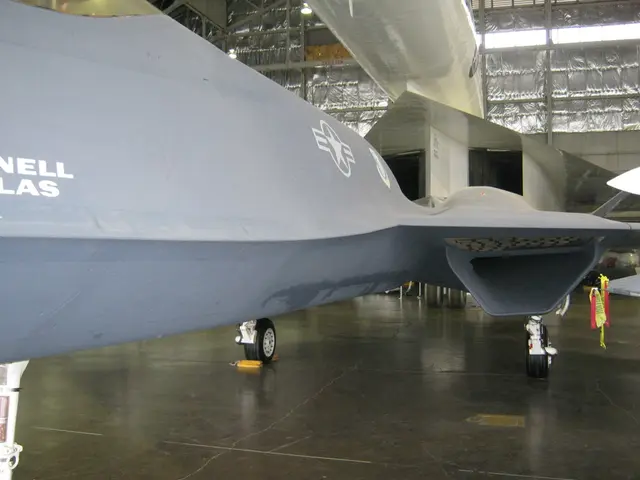BC Hydro Rapidly Expands Electric Vehicle Fast-Charging Infrastructure, Aiming for 800 Charging Ports by 2026
BC Hydro, the primary electricity supplier in British Columbia, is expanding its network of electric vehicle (EV) charging ports to meet the growing demand for sustainable transportation. The utility company currently operates 591 charging ports across the province, with plans to increase this number to 800 by spring 2026 [1].
The majority of the charging ports in BC Hydro's network are fast chargers, supporting CCS, NACS, and CHAdeMO connectors. About 85 percent of the charging ports are fast chargers [1]. The network's power output has quadrupled from 10 megawatts to 41 megawatts, demonstrating BC Hydro's commitment to improving charging speed and infrastructure [1].
In addition to the expansion of the charging network, BC Hydro has introduced next-generation 350-kilowatt (kW) chargers at select locations. These chargers can add up to 100 kilometers of range in just five minutes, making them a convenient choice for EV drivers [1]. Faster options, 400 kW chargers, are expected to roll out later this year, delivering 100 kilometers of range in only three minutes on compatible EVs [3].
BC Hydro's President and CEO, Chris O'Riley, stated that BC Hydro is a key partner in North American EV adoption. He emphasized that the utility company is dedicated to supporting the growing EV population in British Columbia, which currently stands at around 195,000 vehicles [1].
Recent major site expansions include 17 new ports at Vancouver's Kerrisdale hub, 16 at Maple Ridge's Haney Place Mall, and 22 at the Colwood Park & Ride on Vancouver Island [1]. These expansions aim to enhance charging availability in rapidly growing communities.
These developments align with BC Hydro’s $36 billion capital plan to support sustainable energy growth across the region [1]. The plan includes several projects that increase electrical capacity and reliability, such as upgrades to substations in Surrey and Langley, which will help supply electricity for new homes, businesses, and transportation infrastructure like EV chargers [1].
While the exact details of the 400 kW charger rollout were not specified in the latest announcement, recent industry trends and BC Hydro’s investments imply that these high-power chargers will support faster DC fast charging for EVs, improving charging speed and convenience for drivers using the network [1][3].
The electric vehicle population in British Columbia is expected to grow to between 700,000 and 900,000 by the mid-2030s [1]. BC Hydro's EV Charging Progress Report is available for reading, providing more information on the company's efforts to support electric transportation growth [1].
References:
[1] BC Hydro. (2022). BC Hydro’s 2022–2024 capital plan. Retrieved from https://www.bchydro.com/about-us/news-and-media/news-room/releases/b-c-hydro-s-2022-2024-capital-plan.html
[3] Electric Autonomy Canada. (2022). BC Hydro to roll out 400 kW chargers in 2022. Retrieved from https://electricautonomycanada.ca/bc-hydro-to-roll-out-400-kw-chargers-in-2022/
With BC Hydro's commitment to improving charging speed and infrastructure for electric vehicles (EVs), the utilization of next-generation 350-kilowatt (kW) chargers at select locations is underway [1]. Additionally, technological advancements are expected to soon introduce 400 kW chargers [3], further accelerating environmental-science and science efforts towards sustainable transportation in British Columbia.



